By means of 8 different financial instruments with a public resource of around BGN 4.5 billion (EUR 2.3 billion) the state is to support SMEs, the self-employed and persons on unpaid leave because of the crisis caused by the Covid-19 pandemic, said at a special briefing Minister of Finance Vladislav Goranov. Prime Minister Boyko Borissov also took part in the briefing.
The first measure envisages granting interest-free loans to support the people deprived of an opportunity to work in the conditions of pandemic. This measure is launched via the Bulgarian Development Bank and will be administered by 12 commercial banks with a well-developed branch network nationwide. Its focus is on natural persons and the self-employed who will be able to draw credits of up to BGN 4,500 (EUR 2,300) with an up to 24-month grace period and an up to 5-year repayment period. Natural persons applying for this measure must have worked no less than 5 days in March if that is the month the applicant was put on unpaid leave.

The second instrument is unsecured operating loans of up to BGN300,000 (over EUR 153,000) for ensuring the liquidity of micro, small and medium-sized enterprises. It too will be managed by the Bulgarian Development Bank via commercial banks. The credit portfolio expected from this instrument can reach the sum of BGN 2 billion (around EUR 1 billion). The criteria for granting this kind of credit include a decline in turnover over the first quarter of 2020 compared to the same period of the previous year, unpaid and terminated deliveries as of the beginning of March 2020.
The closing date for applying for both instruments is the end of 2020.
The measures envisaged also include an equity investments instrument intended for companies with the potential of assisting and restoring the economy after the crisis is over, particularly in the sphere of innovations and digitization. There are around 400 such companies, mostly innovative startups.
The urban development funds are another instrument worthy of attention in the period of crisis. They can be used to assist activities which are difficult to finance by means of customary bank activities. Municipalities, public-private partnerships and enterprises in tourism and transport directly affected by the coronavirus crisis can all become beneficiaries of these funds.
Minister Goranov expressed the hope that the funds allocated will serve as a buffer for mitigating the negative consequences of the crisis.
In August 2025, Bulgaria’s annual inflation rate stood at 5.3%, same as in July, according to data from the National Statistical Institute. Monthly inflation in August dropped to 0.1%, compared to 1.7% in July. Inflation measured from..
A Bulgarian company is expanding its production of laser cutting machines in the Sofia-Bozhurishte Industrial Park, the Ministry of Economy announced. The investment is worth 2 million leva (over 1 million euros). The company will build a new..
The tariffs imposed on European goods by the Trump administration are expected to have both direct and indirect effects on Bulgarian exports. The Ministry of Economy and Industry has calculated the direct impact at €468 million, while..
The annual growth of Bulgaria's gross domestic product will remain above 3% in the period 2025-2027 , according to a report by commercial credit insurer..

+359 2 9336 661
